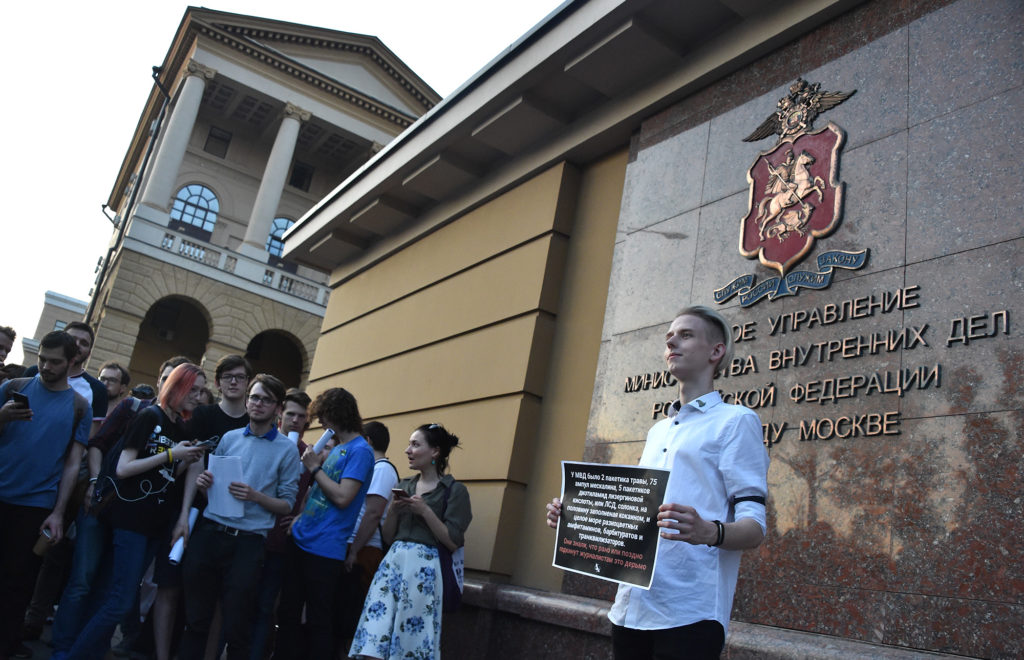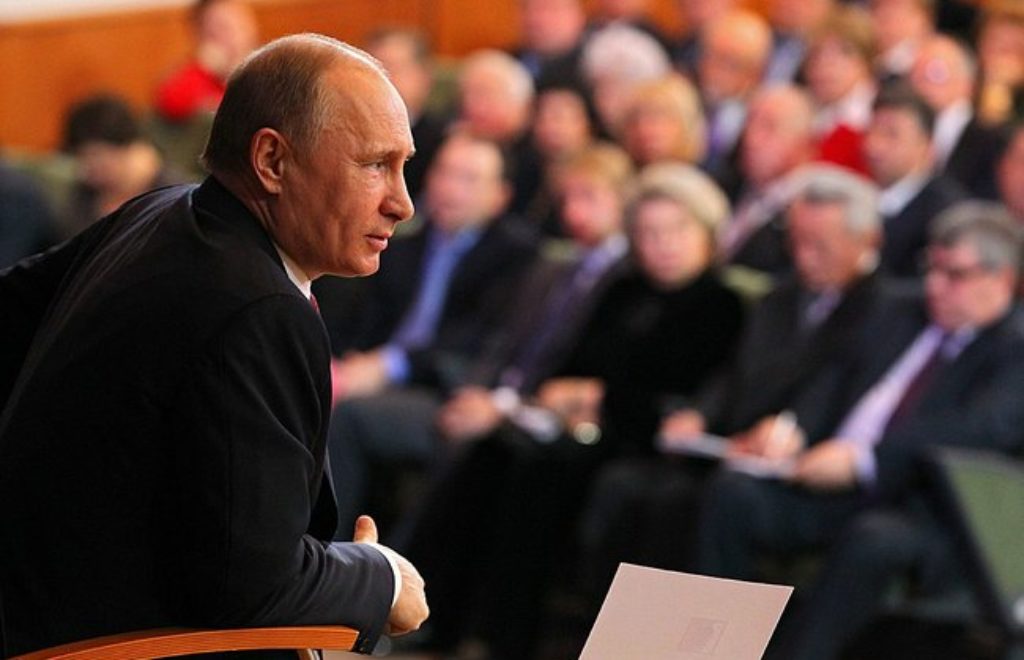Russian President Vladimir Putin has said there is an estimated 40,000 North Koreans working in Russia today, with some assessments indicating that this number will continue to grow. Human rights activists describe these workers as modern slaves, whose working conditions are harsh under the pressure to complete preparations for the 2018 FIFA World Cup.
Kim Jong-un's North Korea is now at the centre of international news with its nuclear tests and reported preparations for more missile launches. Last autumn Kim Jong-un promised to complete his nuclear programme, despite new sanctions imposed by the West. Russia’s Vladimir Putin has rejected US calls for new sanctions on Pyongyang, claiming that it would be a counter-productive “road to nowhere” and may trigger a “global catastrophe”. This statement could be interpreted as an act of solidarity with the North Korean regime, since Putin's friends and senior officials are also under western sanctions.
However, upon closer examination this is not the only explanation. One of the major proposals of the sanctions package against North Korea is to cut off sources of foreign currency, limiting its ability to continue developing its nuclear and ballistic missile programmes. This would signify a major shift for Moscow, as it would have to stop employing cheap North Korean labour.
January 2, 2018 -
Artem Filatov




































